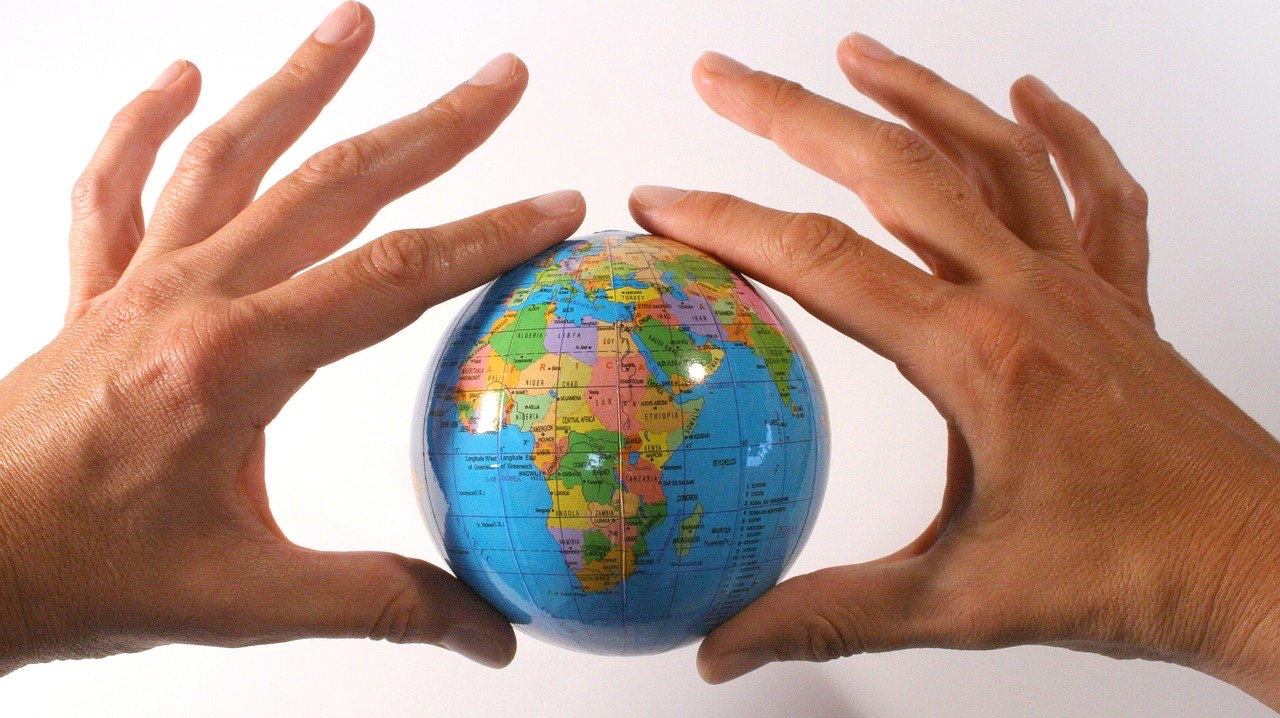
The University of Basel has selected ten startups as part of its SASBI Africa Residency Program to boost their know-how and advance growth opportunities on the continent. The startups develop solutions for transforming the mobile health, sustainability, and finance sectors.
Led by the University of Basel and supported by the Swiss State Secretariat for Education, Research and Innovation, the SASBI Africa Residency Program aims to boost entrepreneurial knowledge and give international exposure to university graduates in Africa.
In the first half of 2022, 10 chosen Swiss entrepreneurs will travel to one of the African states of Ghana, Nigeria, Rwanda, Kenya, or South Africa. For three weeks, they will stay at innovation hubs and benefit from business contacts with local partners, such as Swiss embassies, innovation offices at local universities, or AfriLabs innovation hubs.
The SASBI Africa cohort comprises the following startups:
anavo medical develops cutting-edge nanotechnology to cure seromas, the fluid-filled cavities that can develop after surgeries such as cancer surgeries and tissue reconstructions. Anavo's solution provides relief to patients by making seromas resorb using an injection of nanoparticles.
The “breathe” ventilator combines high-quality design and a modern standard of care for transport ventilators at an affordable price. Able to sustain harsh environmental conditions, it will be accessible for most low- and middle-income countries that have limited access to transport ventilators.
Diaxxo has developed a fast, affordable, and accurate point-of-care polymerase chain reaction device that diagnoses several diseases with a simple sample-to-result approach and without the need for a cold chain.
ennos is a spin-off from BFH Biel that develops two surface solar water pump models for smallholder farmers. ennos offers various digital solutions for dealers and users and is developing a course on solar-powered water pumps for training centers in Africa.
Gaia Technologies develops de-centralized treatment and valorization of agricultural side-streams to high-value products (ingredients for cosmetics, food, nutraceuticals).
Hatusha connects supply and demand across Europe, Africa, and the Middle East for agricultural machinery and goods. Its price transparency and trust, enable emerging markets to manufacture their goods and become more independent through their local economies.
Perovskia Solar provides digitally printed customizable solar cells to original equipment manufacturers. The solar cells are tailored to seamlessly integrate into electronic devices, IoT, and sensors, and they can operate efficiently even in low light conditions like homes and offices.
PneumoScope develops an AI-powered electronic stethoscope to standardize, automate and improve the diagnosis of respiratory disease. The startup targets private individuals for home-based telemedicine consultation in Europe and Africa. The humanitarian business model also seeks to provide cost-price models to the public health sector and NGOs in resource-limited settings.
Testmate Health develops a pregnancy-style self-test, which for the first time, will provide users to conduct at-home self-testing for common STDs with immediate results.
Wildlife-Box develops an AI-based bioacoustic monitoring device that can be leased to detect lions and hyenas in real-time. The technology provides data for rangers and tourism organizations and helps minimize wildlife-human conflicts, including livestock. The market potential coincides with the lion (20,000) and hyena population (50,000).























































Please login or sign up to comment.
Commenting guidelines